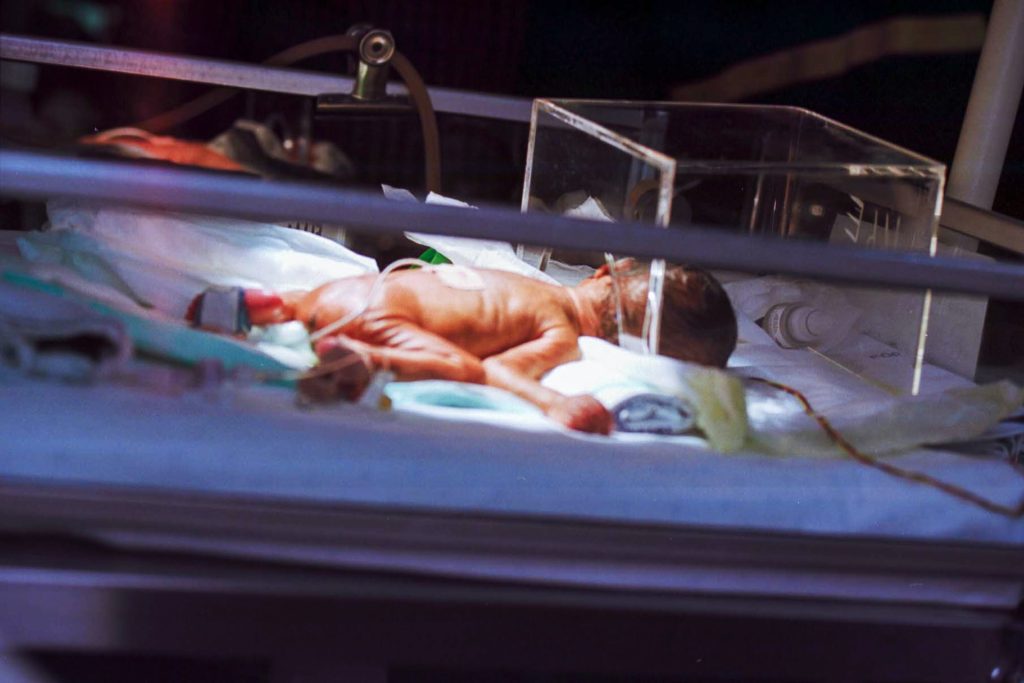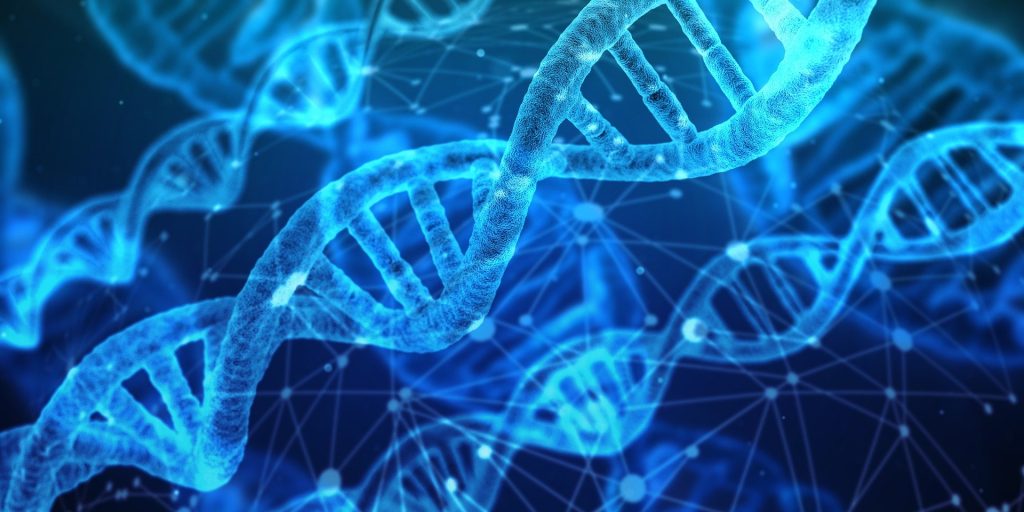Neurodevelopmental Disorders Widespread in Extremely Preterm Babies

An Acta Paediatrica analysis of data for extremely preterm babies (born before 24 weeks) found that most had neurodevelopmental disorders and/or other diagnoses during childhood and were referred for habilitational care.
In the Swedish study of 383 children from 2007 to 2018, 75% had neurodevelopmental disorders (including speech disorders, intellectual disabilities, attention deficit hyperactivity disorder, autism spectrum disorders, visual impairment, cerebral palsy, epilepsy, and hearing impairment).
More boys than girls had intellectual disabilities (45% versus 27%) and visual impairment (25% versus 14%). Fifty-five percent of children were referred for habilitation services, and 88% had additional diagnoses such as asthma and short stature.
“Due to improved medical care, an increasing number of extremely preterm infants survive. Our study shows that a large proportion of the most immature new survivors suffer from persisting somatic and neurodevelopmental disorders,” said senior author Ann Hellström, MD, PhD, of Gothenburg University.
A better understanding of the long-term consequences of preterm birth will assist clinicians and healthcare systems in optimising care. “Awareness of the lifelong needs of these children is also necessary for society at large to provide adequate resources and support for the tiniest of our children and their families,” said lead author Eva Morsing, MD, PhD of Lund University.
Source: Wiley



